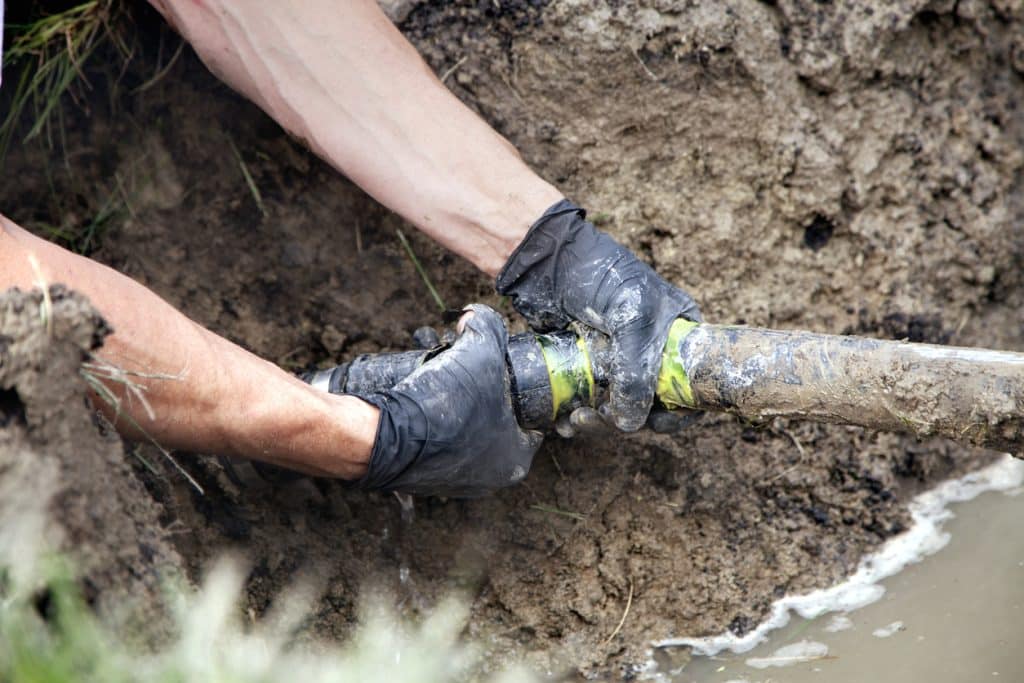Septic system maintenance doesn’t have to be expensive but can increase costs the longer between maintenance. Four elements can lower the upkeep of septic system maintenance. Maintaining your septic tank isn’t complex, but it does require diligence to prevent costly headaches in the future.
Inspect and pump Frequently
Our plumbers should inspect your household septic system about every three years and pump it every three to five years. Systems with electrical or mechanical components should have inspections about once a year. How often your household needs to pump the septic tank depends on the size of the tank, amount of generated wastewater, household size and amount of solids in wastewater.
Use Water Efficiently
The average single-family home can use up to 70 gallons per person daily. A running or leaky toilet can add about 200 gallons of water use per day, which adds water down your pipes and into your septic tank. Toilets are about 30% of water use in a home, and most older homes have toilets with 3.5 to 5-gallon tanks. High-efficiency toilets use 1.6 gallons each flush to reduce water use. Using faucet aerators, shower flow restrictors and high-efficiency showerheads lower the volume of water in your septic tank.
Washing machines use water and energy in your household depending on the number of people. Use the proper load cycle for the clothes you’re washing to save on water and energy. Washing machines that don’t have different load sizes shouldn’t run unless you have a full load of clothes. Stagger laundry loads throughout the week to help your septic system treat waste.
Properly Dispose of Waste
Everything that goes into your pipes goes into your septic tank. Anything flushed or poured into drains will enter your septic system, and there are items you should never put into drains. Never flush anything besides waste and toilet paper because products such as wipes, feminine hygiene products, floss, diapers and paper towels can cause septic issues. Even items that say flushable may cause problems. Septic issues can arise from cooking oils, chemical drain cleaners and garbage disposal waste entering your sinks.
Maintain Your Drainfield
Your drainfield removes contaminants from the liquid in your septic system to keep everything running smoothly. Maintain your drainfield by not parking or driving over the area. Keep roof drains or sump pumps away to prevent excess water from stopping wastewater treatment. Keep trees away from your drainfield to stop roots from growing into your septic system.
Septic tanks aren’t complex or expensive to maintain as long as you are diligent. Factors to prevent costly septic maintenance include inspection and pump frequency, proper disposal of waste, water use and drainfield maintenance. If you need septic tank maintenance in Savannah, GA, call us at TNT with any questions.






